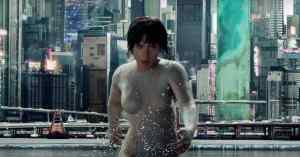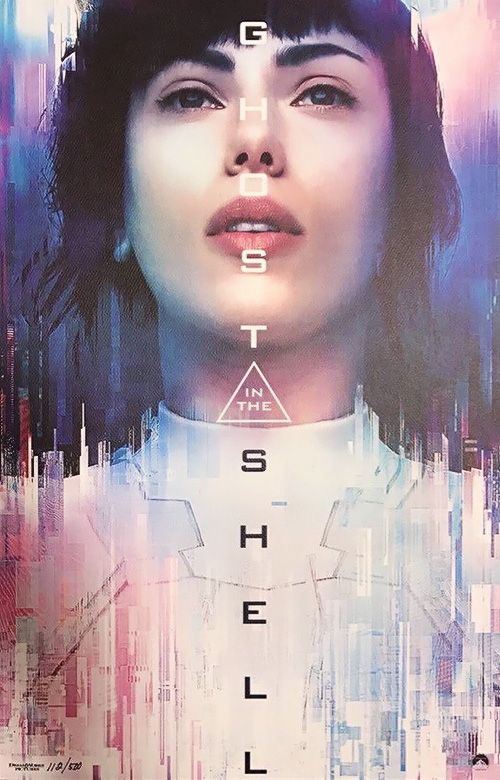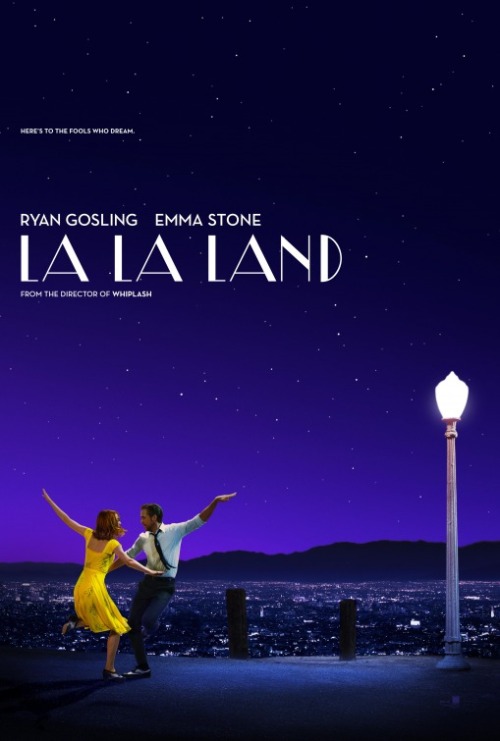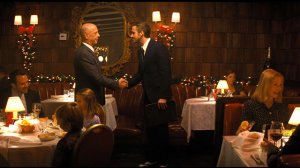Star Rating: 2.5/5
Director:
- Rupert Sanders – Snow White and The Huntsman
Cast:
- Scarlet Johansson – The Prestige, Her, Captain America II & III, Lucy, The Avengers Assemble I–III
- Pilou Asbæk – A Hijacking, Lucy, A War, Game of Thrones, The Guardian Angel
- Juliette Binoche – The English Patient, Another Woman’s Life, Godzilla, Clouds of Sils Maria, Dark Glasses
- Chin Han – The Dark Knight, 2012, Contagion, Captain America II, Independence Day II, A Different Sun
- Michael Pitt – Dawson’s Creek, The Village, Funny Games, You Can’t Win
- Peter Ferdinando – The Bill, Snow White and The Huntsman, Starred Up, 300: Rise of an Empire, King Arthur: Legend of the Sword
- Takeshi Kitano – Brother, Blood And Bones, Beyond Outrage, A Living Promise, Outrage Coda
Music Composer:
- Lorne Balfe – Ironclad, Not Another Happy Ending, Penguins of Madagascar, The LEGO Batman Movie, Churchill
- Clint Mansell – Requiem For A Dream, Black Swan, Stoker, High-Rise, Mute
The issue of ‘whitewashing’ in Hollywood (i.e. when a white actor plays a non-white role) is nothing new. In 1931 Warner Oland played the role of a Chinese detective Charlie Chan in Charlie Chan Carries On and in 1956 John Wayne played Genghis Khan in The Conqueror. One would like to think that Hollywood had moved on since the mid-twentieth century. But Christian Bale, Aaron Paul, Sigourney Weaver and Joel Edgerton playing Middle Easterners (with risible fake tan sprayed onto them) in 2014’s Exodus; Tilda Swinton playing the Ancient One in last year’s Doctor Strange (even though the comic-book character is meant to be from the Himalayas); and Matt Damon playing the white saviour of the native Chinese in The Great Wall earlier this year, proves otherwise. And the whitewashing ludicrously continues in Ghost In The Shell.
Ghost In The Shell is a sci-fi film based on the Japanese Manga series and the 1995 film with the same name. The movie begins in the near future in a city that resembles Tokyo/Hong Kong. Hanka Robotics, a corporation, is trying to improve mankind by putting people’s brains into robot’s bodies and enhancing their strengths. One such robot is Major (Scarlett Johansson). The corporation deem her the best of her kind, a super-weapon to fight terrorism.
But Major has feelings and emotions, like a person. What if she does not want to be just a weapon for Hanka? What of her memories that she struggles with? And where did she come?
Ghost In The Shell is a sci-fi action thriller and very disappointing. The whitewashing element is problematical in and of itself as Scarlet Johansson looks incongruous in this Tokyo-/Hong Kong-like city. But the whitewashing is also a convenient distraction for Hollywood and Rupert Sanders (back helming a film for the first time since Snow White and The Huntsman, following his adulterous affair with Kristen Stewart). For a film that is supposed to be a thriller, Ghost In The Shell is anything but thrilling.

Major in action, about to take out terrorists. Alas, the bodysuit is more noticeable than anything she might achieve.
Firstly, one can see where the movie is heading as obviously as a sinner to hell. If one has watched The Fifth Element, i,Robot and Blade Runner (to name but three), a viewer will feel like he/she has seen this film before. Secondly, Ghost In The Shell misses the point of its own existence. Sanders could have even used the whitewashing of Major’s character to his benefit and made the film interesting. For example, he could have explored the issue of identity. Then, Major could have asked herself if skin colour is central to a person’s identity, or if it is her memories, or if it is her characteristics, or her actions (or her sex drive as Alex Garland cleverly did in Ex Machina). But does Sanders do any of this? No, and that is why Ghost In The Shell is so disappointing, plot-wise.
Other than the plot, the acting is OK. The film is dominated by Scarlett Johansson and she plays decently enough. She is not as good as Alicia Vikander was in Ex Machina, but that has probably more to do with the lousy script than Johansson’s acting. (Incidentally, the script was written by Ehren Kruger, renowned writer of trash like Scream 3 and Transformers II, III & IV. In hindsight, Ghost In The Shell was doomed from the start.) But the lousy script aside, Johansson is undone by the gratuitous, nude bodysuit she wears throughout the film. It is so off-putting that even if the script had been as strong as Ex Machina’s, or that of Her in which Johansson terrifically voiced a talking operating system, Johansson still would have been undermined.

Kuze (Michael Pitt), an older version of Major that got away. One wonders: why would this deformed robot have gone rogue…?
Lastly, and by far the best part of Ghost In The Shell, is the world and the special effects. The city is at once neon-lit and futuristic, yet dark and seedy at the same time. None of this is original and much of it resembles Blade Runner, The Fifth Element or Tron on hallucinogens. Nevertheless, it is the most engaging part of the movie and that speaks volumes for how unengaging the storyline and the characters are.
Over-all, Ghost In The Shell is an unsatisfactory film. The movie could have gone in so many fascinating directions, but instead it chose the hackneyed one that audiences have seen before. That would have been bad enough. That Scarlett Johansson plays the main, non-white protagonist exacerbates the film’s many issues. Seriously, Hollywood, we’re in 2017. How is whitewashing still an issue? Enough is enough already! A white person playing a Japanese robot looks as out of place in Ghost In The Shell as a nuclear warhead would in Lord of the Rings.
PG’s Tips










